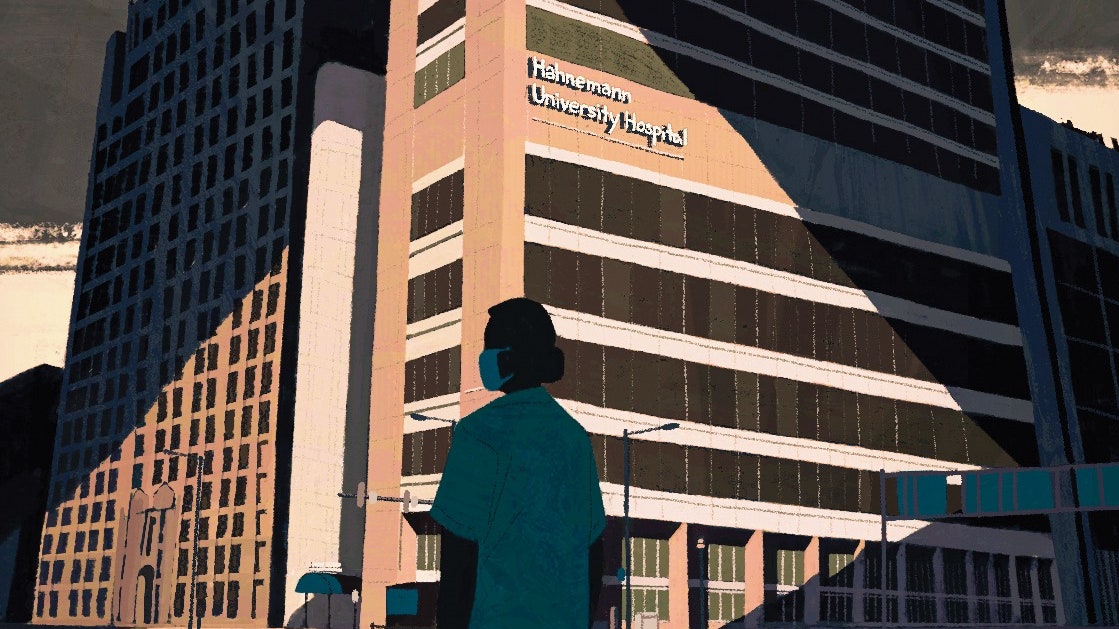- Joined
- Jan 31, 2010
- Messages
- 929
- Reaction score
- 1,300
In a surprise to no one.
Like the study that showed a higher complication rate with higher anesthesia supervision ratios.

 www.statnews.com
www.statnews.com
As a fellow, I had rotated at a massive children's hospital, probably biggest and highest level of peds care in the state. Inner city. Rough neighborhood surrounding it. Recently bought by a private equity firm a few years previously.
Nurses and attending staff said everything had taken a nosedive since then. Staffing, replacing broken/damaged equipment, staff benefits, even standard meds and bedside equipment post cardiac surgery was becoming more limited. That last point had remained with and continues to unsettle me.
From a purely economic standpoint, I don't understand it. A mostly medicaid population in a blighted area. Where do the investors think they can squeeze consistent returns out of it?
Like the study that showed a higher complication rate with higher anesthesia supervision ratios.

Complications spiked 25% in hospitals bought by private equity
Adverse events at hospitals like falls and infections spiked 25% after private equity took over, a new study found.
As a fellow, I had rotated at a massive children's hospital, probably biggest and highest level of peds care in the state. Inner city. Rough neighborhood surrounding it. Recently bought by a private equity firm a few years previously.
Nurses and attending staff said everything had taken a nosedive since then. Staffing, replacing broken/damaged equipment, staff benefits, even standard meds and bedside equipment post cardiac surgery was becoming more limited. That last point had remained with and continues to unsettle me.
From a purely economic standpoint, I don't understand it. A mostly medicaid population in a blighted area. Where do the investors think they can squeeze consistent returns out of it?

